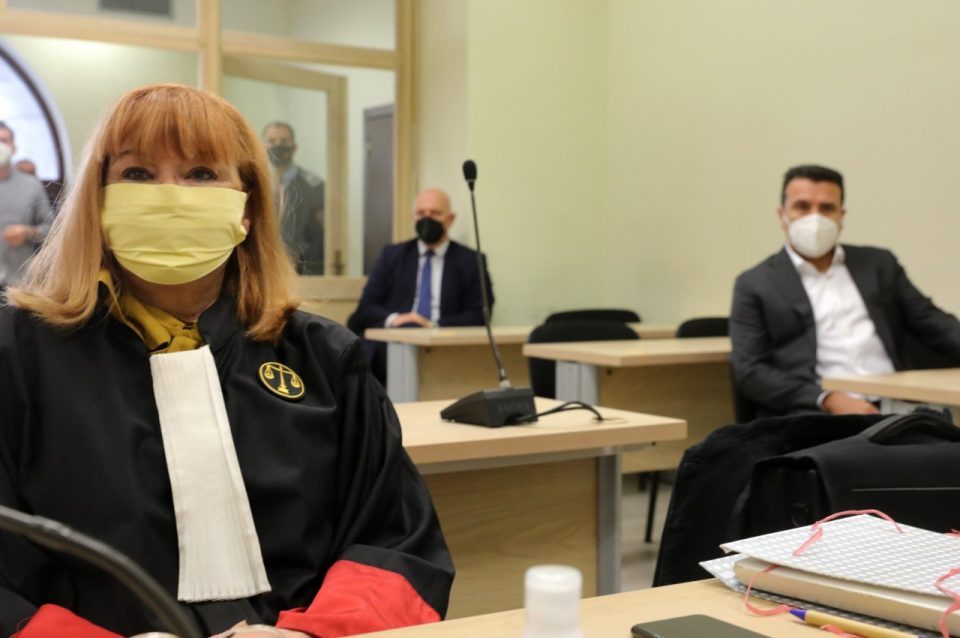Prosecutor Vilma Ruskoska, who is entrusted to prosecute, or not, the most important cases by the Zaev regime, acknowledged that one of her central cases – the 27 April incident in the Parliament – was not a case of terrorism.
Ruskoska tried dozens of protesters, as well protest organizers, members of Parliament and Interior Ministry officials, charging them with terrorism. But now, after the trial has been used to blackmail members of Parliament to vote for the imposed name change, in an interview she acknowledged that the widely mocked terrorism charge was not borne out.
The 27 April case was not about terrorism. They were supposed to be charged only with undermining the constitutional order, Ruskoska said.
Asked about the amnesty that was given to the members of Parliament who sided with Zaev under pressure, she said that it was a political decision and that she had no choice but to follow the amnesty law, once it was passed, and to drop her charges.
Not surprisingly, during the interview Ruskoska also acknowledged that the public has lost its trust in the judiciary and the prosecutors. She was pressed on the major Racket scandal, in which she brought down another Zaev aligned prosecutor – Katica Janeva – but stopped short of also investigating Zaev’s role in the scandal. Ruskoska said that the entire country saw Janeva, but also herself, attending receptions organized by showman Bojan Jovanovski – Boki 13, who was involved in high level extortion on behalf of the ruling SDSM party. “So the people simply have no trust, don’t know where to report wrongdoing and that needs to be taken into account”, said the key prosecutor of the regime.




Comments are closed for this post.